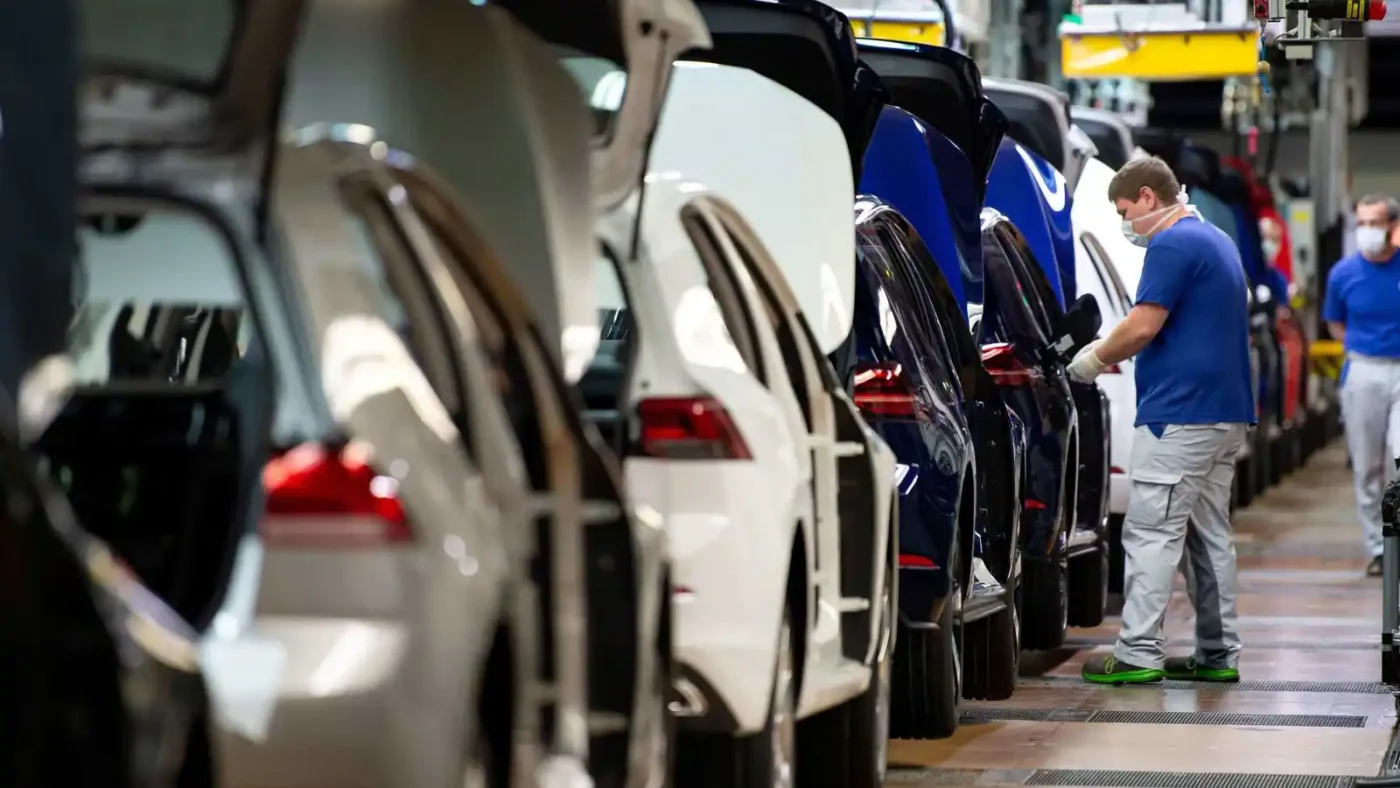Germany’s automotive industry is making significant contributions to global trade, known for its high-quality and technologically advanced vehicles. Renowned brands like BMW, Mercedes-Benz, Audi, and Volkswagen have firmly established Germany as a leading exporter of cars worldwide.
Impressive Growth in Exports
According to the German Association of the Automotive Industry (VDA), car exports from Germany grew by 10% in 2023, reaching a record 4 million vehicles. This surge is largely driven by robust demand from major markets such as the United States, China, and the European Union. German automakers are not only recognized for their luxury cars but also for their advancements in electric and autonomous vehicles, which are in high demand globally.
Technological Innovation
Germany’s automotive industry has maintained its competitive edge through substantial investments in research and development (R&D). German manufacturers continuously innovate by integrating cutting-edge technologies such as artificial intelligence, autonomous driving systems, and sustainable fuel alternatives. These efforts have not only improved the quality and performance of German vehicles but also aligned them with global sustainability goals by reducing environmental impact.
Major Export Markets
The United States, China, and the European Union remain the largest export markets for German cars. In the past year, exports to the United States increased by 8%, reaching 1.2 million vehicles. Similarly, exports to China rose by 12%, totaling 1.5 million vehicles. The demand for German electric and hybrid models is particularly strong in these markets, driven by a global shift towards environmentally friendly transportation options.
Challenges and Opportunities
Despite the impressive growth, Germany’s automotive industry faces several challenges. Supply chain disruptions, intense competition from other car manufacturers, and stringent environmental regulations are notable obstacles. Additionally, geopolitical tensions and trade disputes, particularly involving China, pose risks to the stability of high-tech exports. However, the industry’s flexibility and ability to adapt to changing market conditions present significant opportunities for future growth. The transition to electric and autonomous vehicles is expected to open new avenues for German automakers.
Future Prospects
Looking ahead, the German automotive industry is well-positioned to continue its robust growth by leveraging technological advancements and innovative practices. German carmakers are expected to focus more on developing electric and autonomous vehicles, which are anticipated to dominate the future of transportation. The industry’s ability to adapt to changing market conditions and consumer preferences will be key to its sustained success.
Germany’s automotive industry is not only a cornerstone of the national economy but also a significant driver of global trade. Continuous innovation and development have helped Germany maintain its leading position in the international market. With a sustainable development strategy and a focus on advanced technology, the German automotive industry is expected to continue thriving and making substantial contributions to the global economy in the coming years.

 简体中文
简体中文 English
English Tiếng Việt
Tiếng Việt العربية
العربية Español
Español